Jadenne Radoc Cabahug
Stories
-
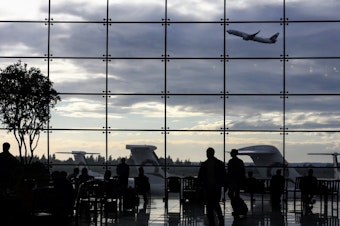
The summer of 'revenge travel'
If you tried to book a flight, or a hotel, or even a campsite this summer, you probably discovered people are doing a LOT of traveling. It's the reason why everything from flights to Maui, to a rental car in Seattle is extortionate right now. And it's also taking a toll on destinations like National Parks. We talk with Seattle Times travel writer Christy Karras to learn more about 'revenge travel' and its impacts.
-
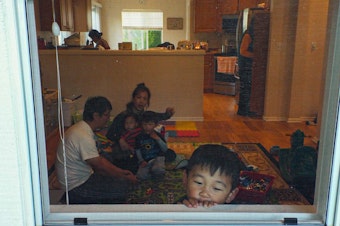
Outside looking in: Photos of families during Covid-19 quarantine
The coronavirus pandemic has us cooped up inside, spending a lot of time alone, or with a small group of people. RadioActive’s Jadenne Radoc Cabahug set out to photograph what that looks like for KUOW. In her Renton neighborhood, she captured images of neighbors, and her own family members, through their windows.
-
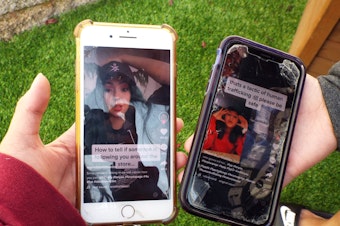
Teens are warning each other about sex trafficking on TikTok. Here’s why the videos could do more harm than good
On a single day in King County, an estimated 300 to 500 children under the age of 18 are sex trafficked, according to the Seattle organization Real Escape from the Sex Trade (REST). The dangers of getting forced into sex trafficking are something that everyday teenagers are warning each other about online. But the information shared in videos is often misleading — and it may keep us from recognizing the real risks.
-
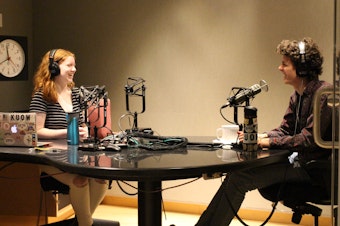
'They're so complacent.' What these youth activists say about grown-ups
When a group of K-12 students confronted Senator Dianne Feinstein for not supporting the Green New Deal, she put up her dukes. "I've been doing this for thirty years," Senator Feinstein said. "I know what I'm doing. You come in here and say, it's my way or the highway. I don't respond to that." Local youth activists Lukas Illa and Grace Lambert weren't surprised by this reaction, and sat down with RadioActive's Jadenne Radoc Cabahug to share their experiences.
-
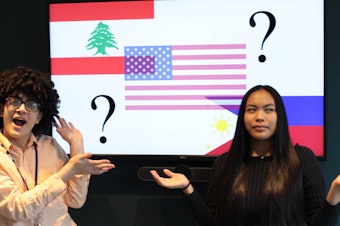
Why does it matter where I'm 'really' from?
People often find ways to identify with and exclude others. We categorize ourselves by using gender, class, race and even age to connect with people like ourselves or separate ourselves from others. As a society, why are we more comfortable questioning our sexuality than our nationality and ethnicity?
-
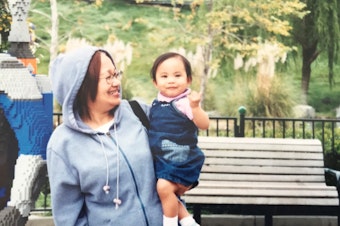
Am I less Filipino if I can't speak Tagalog?
My grandma taught me everything I needed to know, including how to speak Tagalog. But as I grew older, she stopped teaching me Tagalog. Now, I worry that I am losing my language.
-
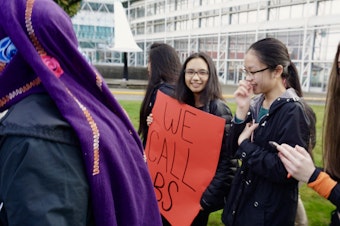
'We're not supposed to feel unsafe:' back to school in the age of school shootings
The shooting at Marjory Stoneman Douglas High School in Parkland, Florida sparked a youth movement for change across the nation. In part two of our...
-
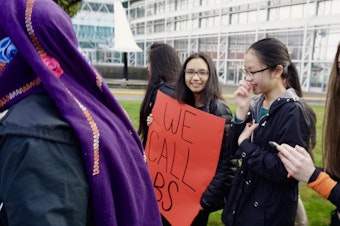
Back to school in the age of school shootings
The shooting at Marjory Stoneman Douglas High School in Parkland, Florida sparked a youth movement for change across the nation. In part two of our School Shootings in America podcast, we speak to teens in Seattle to see how they’ve been inspired to take action, and why this event was different than the ones before. Why now? What inspired these students to get involved in one of the nation’s most controversial policy debates, and what keeps them going?
-
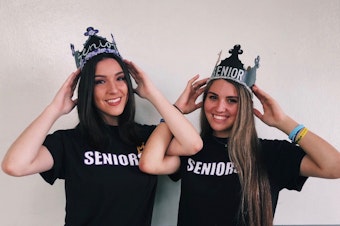
Six months after Parkland: 'Even to this day, it doesn’t feel real'
School shootings have been a horrifying reality in the United States for far too long. However, after the shooting at Marjory Stoneman Douglas High...